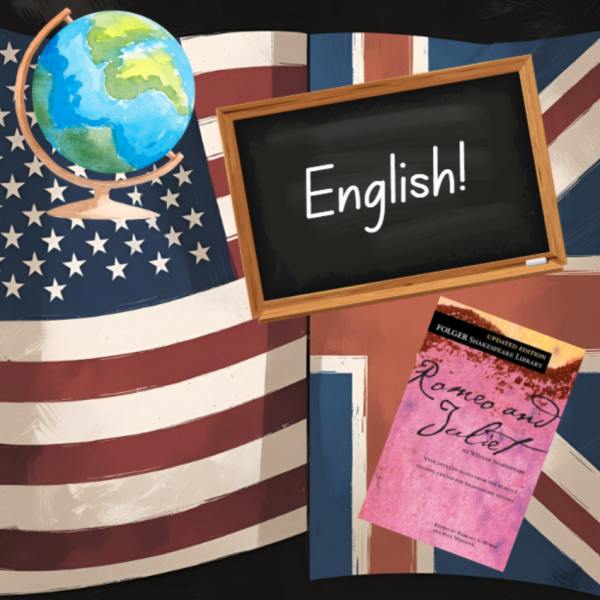A Future Without Scalia?
April 5, 2016
With the unexpected passing of Antonin Scalia early February, the first Supreme Court vacancy in over six years has appeared, offering a unique opportunity to Republicans and Democrats alike. Born to Italian parents, Salvatore Eugene Scalia and Catherine Scalia, Scalia grew up as an only child in a strong Roman Catholic household that greatly influenced his political views later on. From Xavier High School, in Manhattan, to eventually Harvard Law School, Scalia consistently held education, scholarship, and diligence in high regard, aiding him in securing a position in US Court of Appeals in 1982 before proceeding onto the Supreme Court in 1986.
Scalia was a big proponent of constitutionalism, the “the theory of constitutional interpretation that seeks to apply the understanding of those who drafted and ratified the Constitution.” He scorned the employment of legislative history, declarations about the definition and intent of laws, in the elucidation of statutes. He criticized ill-defined laws that did not unambiguously outline criminal conduct to prospective defendants. And, he sharply disdained Supreme Court rulings that “did not provide lower courts and litigants with clear guidance,” favoring explicit, bright-line rules instead.
In the courtroom, Scalia gleefully wrangled with adversaries. He had a wonderful sense of humor, amusing the crowd in the courtroom with wit and jokes. With the pen, Scalia composed eloquent dissents, opinions about legal proceeding judges write that contradict the ruling. They were assiduous, scrupulous, and written for a broader audience providing lawyers, students, and citizens entertainment and education material.
As the longest serving Justice, Scalia’s impact in the Supreme Court and America’s legal history, is profound and resolute. Although he did not have immense political power, with Justice Kennedy establishing himself as the ‘swing vote’, Scalia did inaugurate himself as a conservative giant and intellectual scholar. Whether you agreed with him or not, it is irrefutable that Antonin Scalia will be commemorated as “an extraordinary individual and jurist, admired and treasured by his colleagues” family,and American citizens, including future great legal minds.
Now for the first time in fifty years, the Supreme Court will be forced to finish the term with only eight Justices. If there is a four to four tie, then the lower court’s verdict stands as if the Supreme Court had never heard the case. Meanwhile the battle ensues on who his replacement will be. Barack Obama’s presidency is ending, with less than a year to complete, providing the basis for Senate Majority Leader Mitch McConnell’s, R-Kentucky, statement: ““The American people should have a voice in the selection of their next Supreme Court justice..Therefore, this vacancy should not be filled until we have a new president.” However, President Obama completely disregarded all Republican criticism, and persisted to nominate the chief judge of the United States Court of Appeals for the District of Columbia Circuit, Merrick Garland.
During his announcement speech in the White House’s Rose Garden, Obama was quick to outline Garland’s merit; Garland graduated summa cum laude from Harvard (on scholarship) before functioning as a tutor to pay for Harvard Law School, emphasizing his shrewdness and tenacious work ethic. The White House, also passionately highlighted the Garland led case against Oklahoma City bomber Timothy McVeigh, pointing out he still has relations with the victims and families. In addition, Garland’s extensive judicial experience having served 19 years on the D.C.’s court of appeals establishes himself as “a thoughtful, fair-minded judge who follows the law.” ” For a judge to be worthy of such trust, he or she must be faithful to the Constitution and to the statutes passed by the Congress,”Garlands says before continuing, “Fidelity to the Constitution and the law has been the cornerstone of my professional life.”
Scalia’s death upsets the meticulously preserved balance. Four Justices (Ginsburg, Breyer, Sotomayor, and Kagan) are known to vote liberally, four (Chief Justice Roberts and Justices Scalia, Thomas, and Alito) vote conservatively, and one (Justice Kennedy) has no political party association. That is how it should be. Republicans and Democrats should have an even say in legal matters, but if Merrick Garland gets appointed the court, democrats will dominate. Law is about balance, and equality; the Supreme Court should project that by maintaining the balance between Democrats and Republicans.






